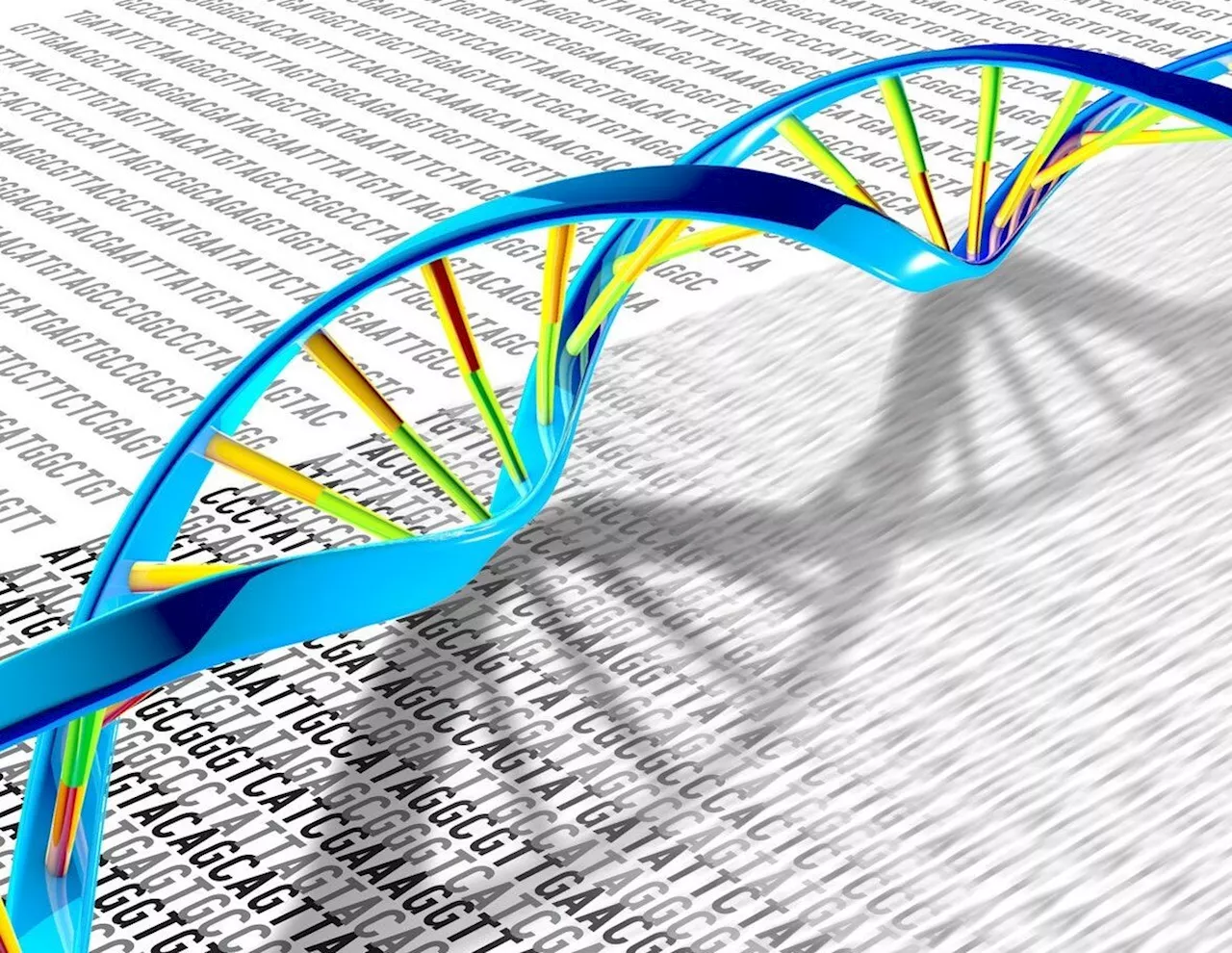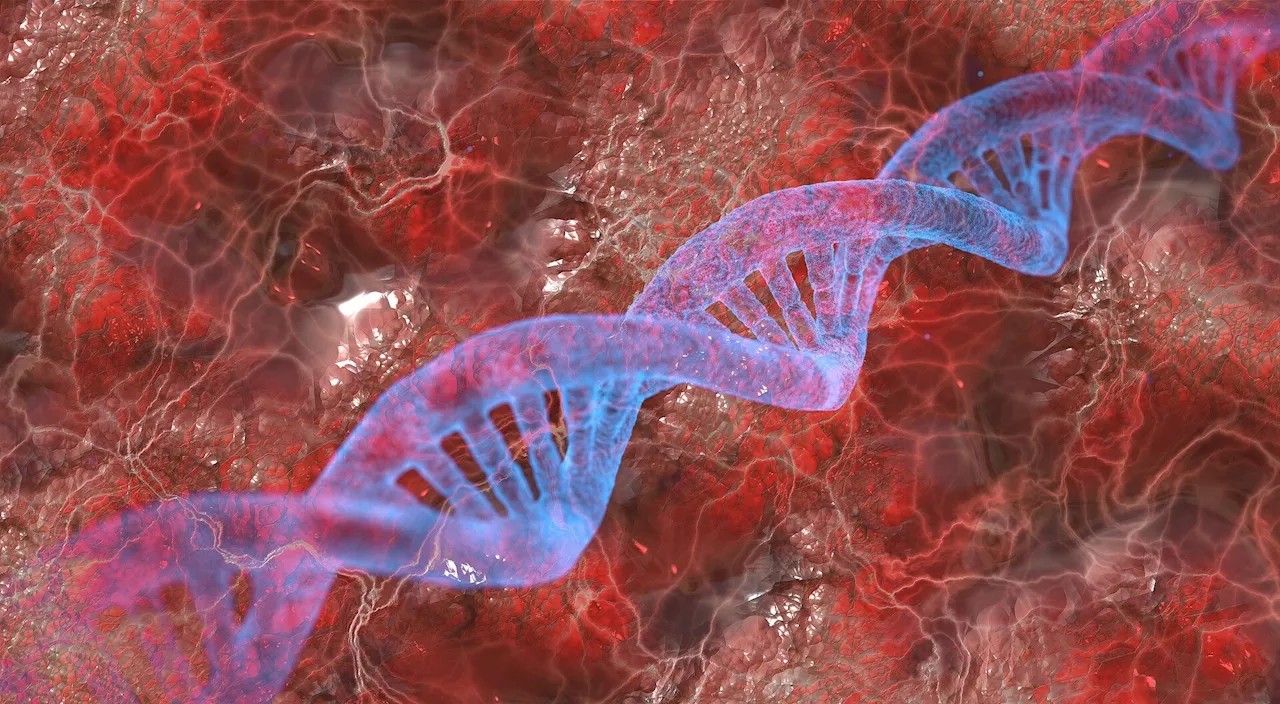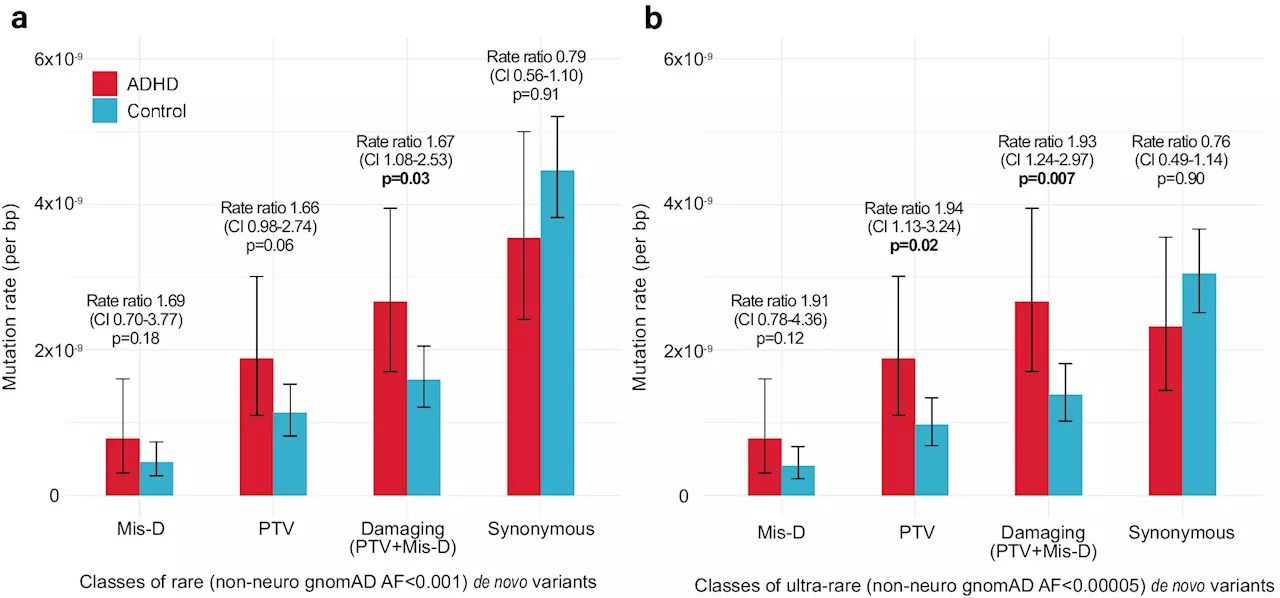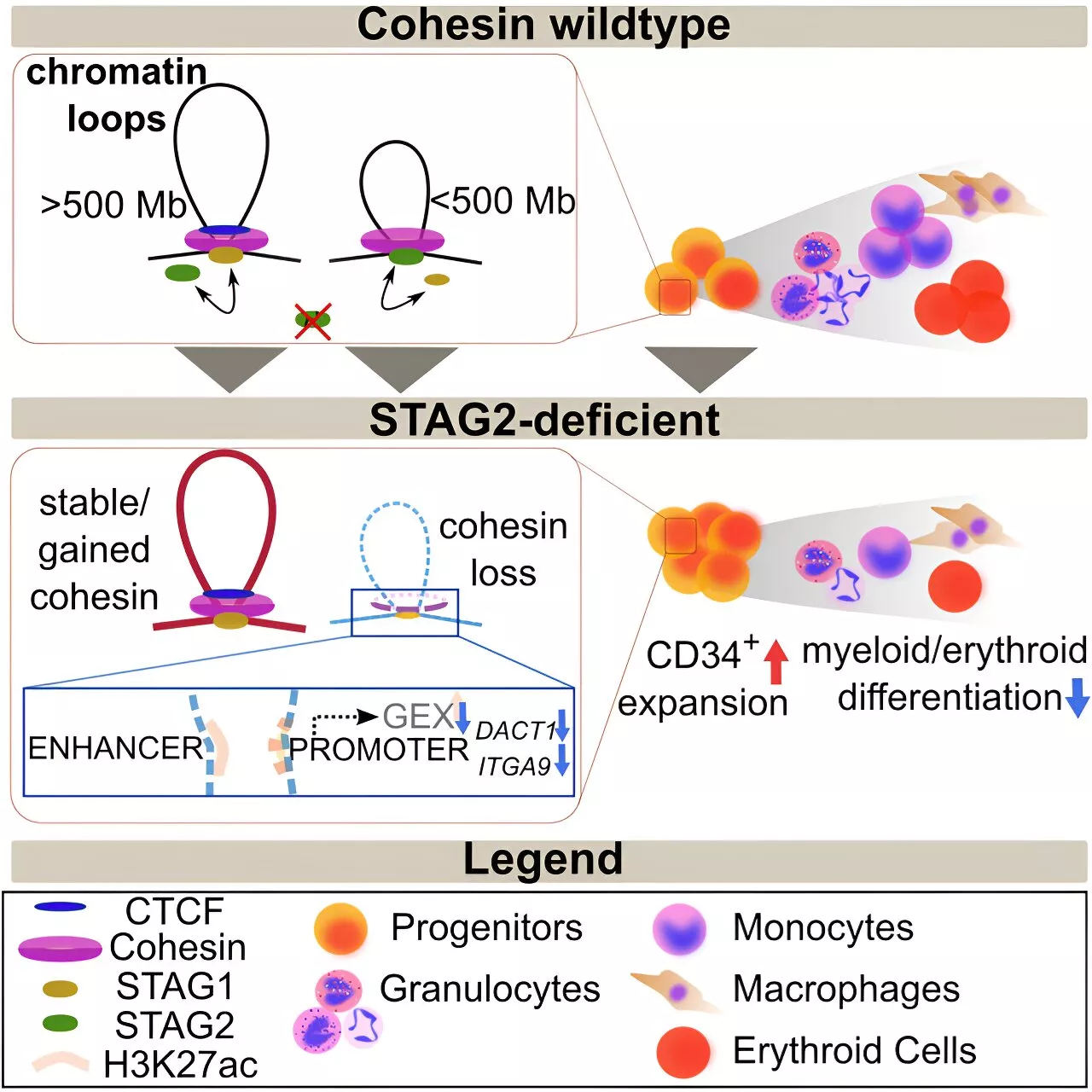A new Australian study has identified why a diet rich in magnesium is so important for our health, reducing the risk of DNA damage and chronic degenerative disorders.
University of South AustraliaAug 14 2024
This toxic combination damages the body's genes, making people more susceptible to Alzheimer's and Parkinson's disease, gastrointestinal diseases, a range of cancers, and diabetes. UniSA molecular biologist Dr. Permal Deo says a low intake of magnesium can increase the risk of many diseases, but its role in preventing DNA damage has not been fully studied in humans until now.
Blood levels of magnesium, homocysteine , folate and vitamin B12 were measured, showing an inverse correlation between magnesium and Hcy and a positive correlation between magnesium, folate and vitamin B12. This indicates that sufficiently high magnesium levels in the blood are essential to protect our genes from toxicity caused by homocysteine, which is increased when folate and vitamin B12 are deficient.
Amino Acid Blood Chronic Diet DNA DNA Damage Genes Homocysteine Vitamin B12
United Kingdom Latest News, United Kingdom Headlines
Similar News:You can also read news stories similar to this one that we have collected from other news sources.
 Epigenetic change to DNA associated with cancer risk in 'multi-omics' studyA research team co-led by investigators at Vanderbilt University Medical Center and the University of Virginia has identified associations between DNA methylation and cancer risk. DNA methylation is an epigenetic change—the addition of 'methyl groups' to DNA—that can affect gene expression without changing the DNA sequence.
Epigenetic change to DNA associated with cancer risk in 'multi-omics' studyA research team co-led by investigators at Vanderbilt University Medical Center and the University of Virginia has identified associations between DNA methylation and cancer risk. DNA methylation is an epigenetic change—the addition of 'methyl groups' to DNA—that can affect gene expression without changing the DNA sequence.
Read more »
 Study links sequence variants to DNA methylation and diseasesA new study by scientists at deCODE Genetics shows that sequence variants drive the correlation between DNA methylation and gene expression. The same variants are linked to various diseases and other human traits.
Study links sequence variants to DNA methylation and diseasesA new study by scientists at deCODE Genetics shows that sequence variants drive the correlation between DNA methylation and gene expression. The same variants are linked to various diseases and other human traits.
Read more »
 First genome-wide comparison of vapers and smokers finds similar DNA changes linked to disease riskIn the most comprehensive study of its kind, researchers from the Keck School of Medicine of USC compared epigenetic changes across the genome in young adults who vaped, smoked or did not use nicotine products, finding a tumor-suppressor gene among the top affected genes in vapers and smokers.
First genome-wide comparison of vapers and smokers finds similar DNA changes linked to disease riskIn the most comprehensive study of its kind, researchers from the Keck School of Medicine of USC compared epigenetic changes across the genome in young adults who vaped, smoked or did not use nicotine products, finding a tumor-suppressor gene among the top affected genes in vapers and smokers.
Read more »
 ADHD and DNA: International study sheds light on geneticsRare genetic changes that are spontaneous—and not inherited from parents—may contribute to the underpinnings of attention-deficit/hyperactivity disorder (ADHD), according to a new study from Yale School of Medicine.
ADHD and DNA: International study sheds light on geneticsRare genetic changes that are spontaneous—and not inherited from parents—may contribute to the underpinnings of attention-deficit/hyperactivity disorder (ADHD), according to a new study from Yale School of Medicine.
Read more »
 STAG2 protein mutations and associated spatial alteration of DNA structure can contribute to development of leukemiaResearchers at the Leibniz Institute for Immunotherapy (LIT) studied hundreds of patients with acute myeloid leukemia (AML). They discovered that specific mutations in the STAG2 protein cause altered DNA folding in the cell nucleus, thereby contributing to the development of AML.
STAG2 protein mutations and associated spatial alteration of DNA structure can contribute to development of leukemiaResearchers at the Leibniz Institute for Immunotherapy (LIT) studied hundreds of patients with acute myeloid leukemia (AML). They discovered that specific mutations in the STAG2 protein cause altered DNA folding in the cell nucleus, thereby contributing to the development of AML.
Read more »
 DeepPBS: A geometric AI model for accurate prediction of protein-DNA binding specificityA new artificial intelligence model developed by USC researchers and published in Nature Methods can predict how different proteins may bind to DNA with accuracy across different types of protein, a technological advance that promises to reduce the time required to develop new drugs and other medical treatments.
DeepPBS: A geometric AI model for accurate prediction of protein-DNA binding specificityA new artificial intelligence model developed by USC researchers and published in Nature Methods can predict how different proteins may bind to DNA with accuracy across different types of protein, a technological advance that promises to reduce the time required to develop new drugs and other medical treatments.
Read more »
